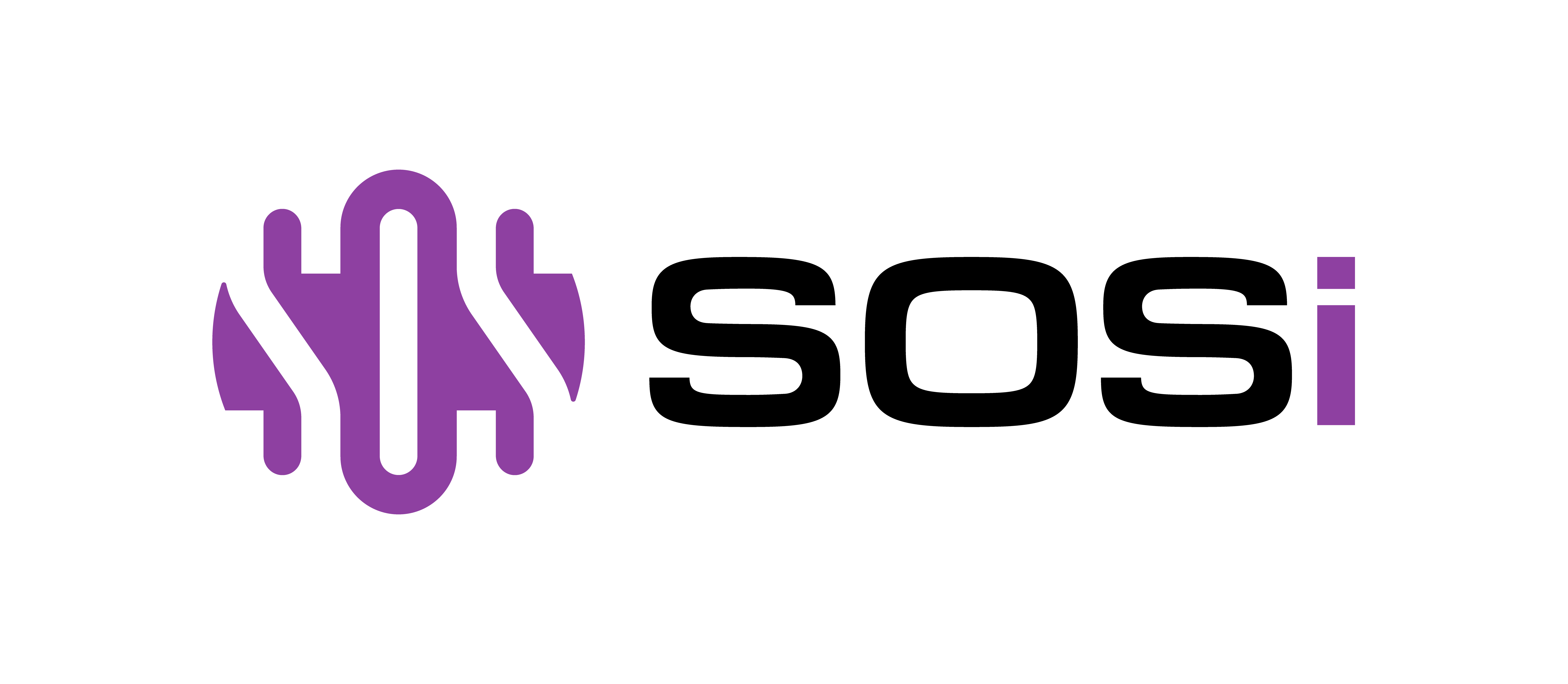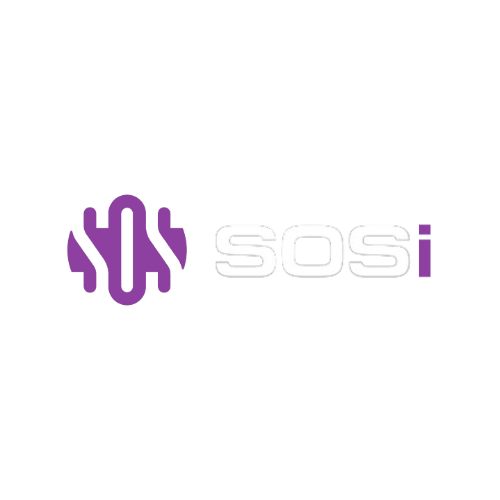Unprecedented National Effort Backed by Diverse Representatives from Education, Business, Government and Nonprofit Sectors
New Studies Support Growing Demand for Language Capabilities, Yet Fewer Than Ten Percent of Americans Speak a Second Language
ALEXANDRIA, VA (March 1, 2017) —In a world where U.S. companies contend in a hypercompetitive global marketplace, where our nation is diplomatically and militarily engaged across the globe, and where tackling complex global challenges requires a greater level of international understanding and cooperation, the ability to communicate in different languages and understand other cultures has never been more vital. Yet, fewer than 10 percent of Americans speak a second language, while barely one-fifth of K-12 students and a mere 8 percent of college students study a second language.
Today, a diverse group of private and nonprofit partners spanning the education, business and foundation sectors will launch Lead with Languages, an unprecedented, multi-year campaign aimed at reversing the nation’s language skills gap and making language learning a national priority. The campaign seeks to build awareness across the U.S. about the growing importance of language skills to a wide array of careers – and to our nation’s economy, national security and international standing – with the ultimate goal of supporting a new generation of Americans competent in other languages and cultures and equipped to compete and succeed in a global economy.
“Ninety-five percent of the world’s consumers live outside the U.S., and our own country’s demographic makeup is changing dramatically, yet a minimal number of Americans are proficient or on their way to becoming proficient in a second language,” said Marty Abbott, Executive Director of the American Council on the Teaching of Foreign Languages (ACFTL), which spearheaded the campaign. “We have a significant language gap in this country on which Lead with Languages will shine a national spotlight. Language proficiency is no longer a luxury; it is a vital necessity to career success in the 21st century and one of the top qualifications employers are now seeking.”
Two New Reports and a Call to Action
Coinciding with the Lead with Languages launch is the release of two seminal reports: A report released today by New American Economy (NAE), a bipartisan coalition of more than 500 mayors and business leaders who support immigration reform, includes new data that emphasizes the critical need for language skills in the workplace, including the fact that the number of jobs aimed at bilingual workers more than doubled from 2010 to 2015, growing to 630,000. Moreover, employers added jobs at a much faster pace for bilingual individuals than they did for workers overall. Not Lost in Translation: The Growing Importance of Foreign Language Skills in the U.S. Job Market provides valuable insight into how the demand for bilingual workers has grown at both the state and national levels, and cites new evidence that proficiency in more than one language will be among the most important skills a job seeker can demonstrate.
Specifically, the report found the demand for bilingual workers is rising; employers are increasingly looking for workers who can speak Chinese, Spanish and Arabic; sectors such as banking and healthcare have particularly strong demand for bilingual workers; and there is a growing need for bilingual workers at both the lower and higher ends of the skill spectrum.
Yesterday, the findings and recommendations of a groundbreaking congressionally mandated study on foreign languages by the American Academy of Arts and Sciences (AAAS) were announced. America’s Languages: Investing in Language Education in the 21st Century calls for a national strategy to improve access to as many languages as possible for people of every region, ethnicity and socioeconomic background, and advocates for our nation’s schools to offer meaningful instruction in world languages as early as possible. Among the recommendations are increasing the number of qualified language teachers, supplementing language instruction through public-private partnerships and promoting language learning opportunities for all students.
“The Academy’s report acknowledges the importance of language education for international relations and business,” says Academy president Jonathan F. Fanton. “But America’s Languages also makes a strong case for the importance of language education right here at home, as parents begin to understand that there are real benefits to teaching their children a second or third language.”
Leon E. Panetta, Chairman of the Panetta Institute for Public Policy and a Lead with Languages Honorary Council member, said, “Language skills are critical to our ability to succeed in a global world. Lead with Languages is a wake-up call to prioritize language learning so our children can succeed in that world.”
Building off the AAAS findings, Lead with Languages is challenging educators at the K-12 and postsecondary levels; leaders in business, foundations and communities; policymakers at the local, state and federal levels; and citizens across the country to commit to take action to ensure every child has the opportunity to learn a second language. Specifically, the campaign’s Call to Action, signed by a diverse array of companies, organizations and individuals, focuses on the following key steps:
- Increase student enrollment in world language programs at all grade levels of K-12 and postsecondary education by building awareness among parents and students of the critical link between language skills and career success in the global marketplace;
- Strengthen and increase language programs at all education levels through greater investment; increased use of online technologies and blended learning, and expanded public-private partnerships among schools, colleges and universities, government, businesses and local communities;
- Address the shortage of qualified language teachers at all education levels by actively promoting the profession, and through better coordination of state credentialing systems, federal loan forgiveness, more advanced study and training opportunities, and other measures to bolster the teacher pipeline;
- Encourage all states and districts to adopt the Seal of Biliteracy, indicating on high school diplomas that competence in two or more languages is important, while motivating students to learn a new language and demonstrate skills that are attractive to future employers and college admissions offices;
- Develop language proficiency in heritage language speakers by building their own and their families’ awareness of the benefits of preserving and valuing their native language abilities, while offering them guidance, more language learning opportunities, specialized curricula, course credits and other resources at all education levels, and
- Provide more avenues for students to travel to other countries to learn languages and immerse themselves in other cultures through greater study-abroad opportunities at all education levels, more international internships sponsored by businesses and NGOs, and restructured financial aid for low-income undergraduates.
More About Lead with Languages
The campaign is primarily focused on spreading the word among middle, high school and college students, parents, and the many others in positions to influence and support their choices that language learning can be exciting and is a highly sought-after job qualification. To this end, one of the most comprehensive websites (LeadwithLanguages.org) ever devoted to language learning will also launch today. The site serves as a resource hub with engaging and useful information on topics ranging from examples of successful college and university language programs and study abroad resources to the myriad careers that now require bilingual skills. Also included is new research, video testimonials, scholarships and grants, an advocacy center and special areas devoted to an array of languages.
Also taking place in the months ahead will be a series of Lead with Languages roundtables and webinars focusing on pertinent topics such as national security, career opportunities and heritage language learners. Some of these will be organized by lead sponsors of the campaign, such as digital language learning solutions provider Rosetta Stone, which works with educators and schools to help hundreds of thousands of learners around the world, and SOS International LLC (SOSi), a government services integrator that works principally in the defense and intelligence sectors. In addition, the Andrew W. Mellon Foundation has extended a matching grant to the campaign, and Concordia Language Villages will provide 25, $1000 scholarships to its two-week (ages 8-18) and four-week high school credit (grades 9-12) summer language and culture immersion programs. Other organizations and entities supporting the campaign include:
- The College Board
- Embassy of France Cultural Services
- Eurail
- The Japan Foundation
- Language Testing International
- Qatar Foundation International
- The Steinhardt Foundation for Jewish Life
About ACTFL
The American Council on the Teaching of Foreign Languages (ACTFL) is dedicated to the improvement and expansion of the teaching and learning of all languages at all levels of instruction. ACTFL is an individual membership organization of more than 12,500 language educators and administrators from elementary through graduate education, as well as government and industry.
Since its founding (in 1967), ACTFL has become synonymous with innovation, quality, and reliability in meeting the changing needs of language educators and their students. From the development of Proficiency Guidelines, to its leadership role in the creation of national standards, ACTFL focuses on issues that are critical to the growth of both the profession and the individual teacher.

